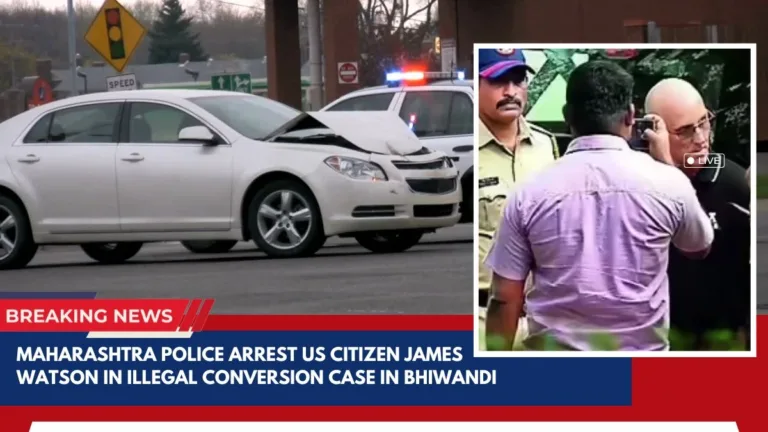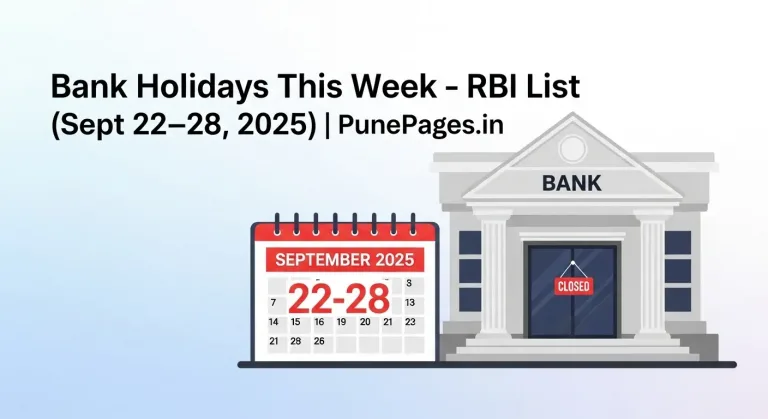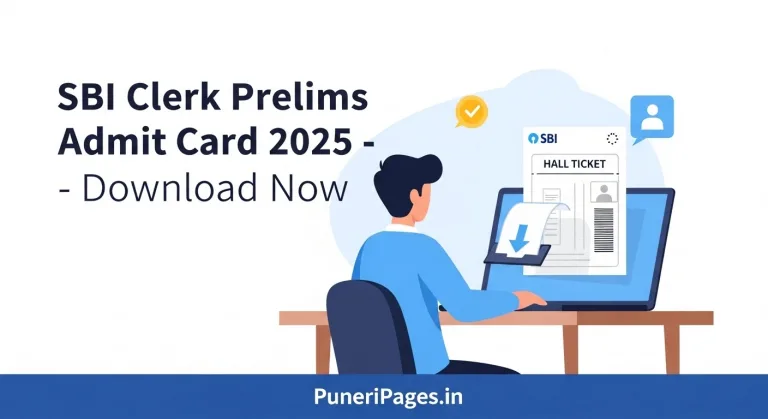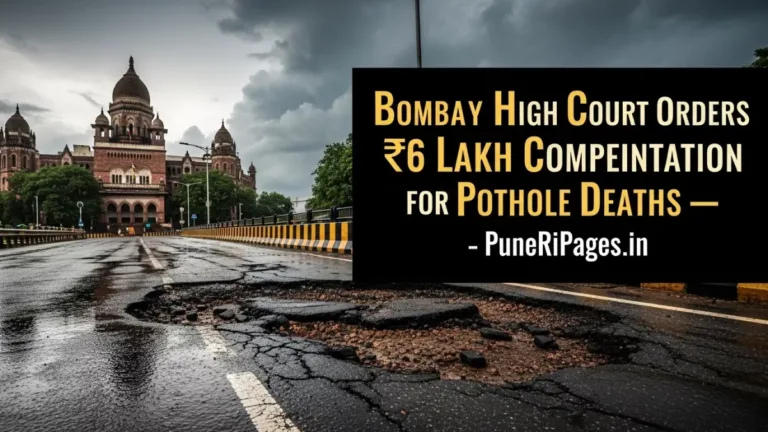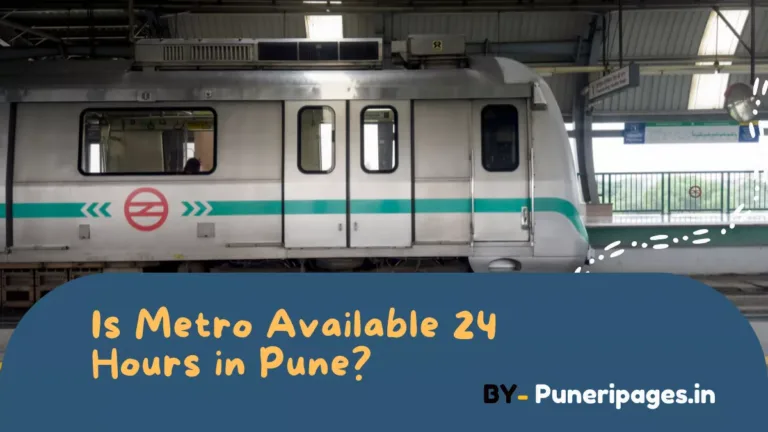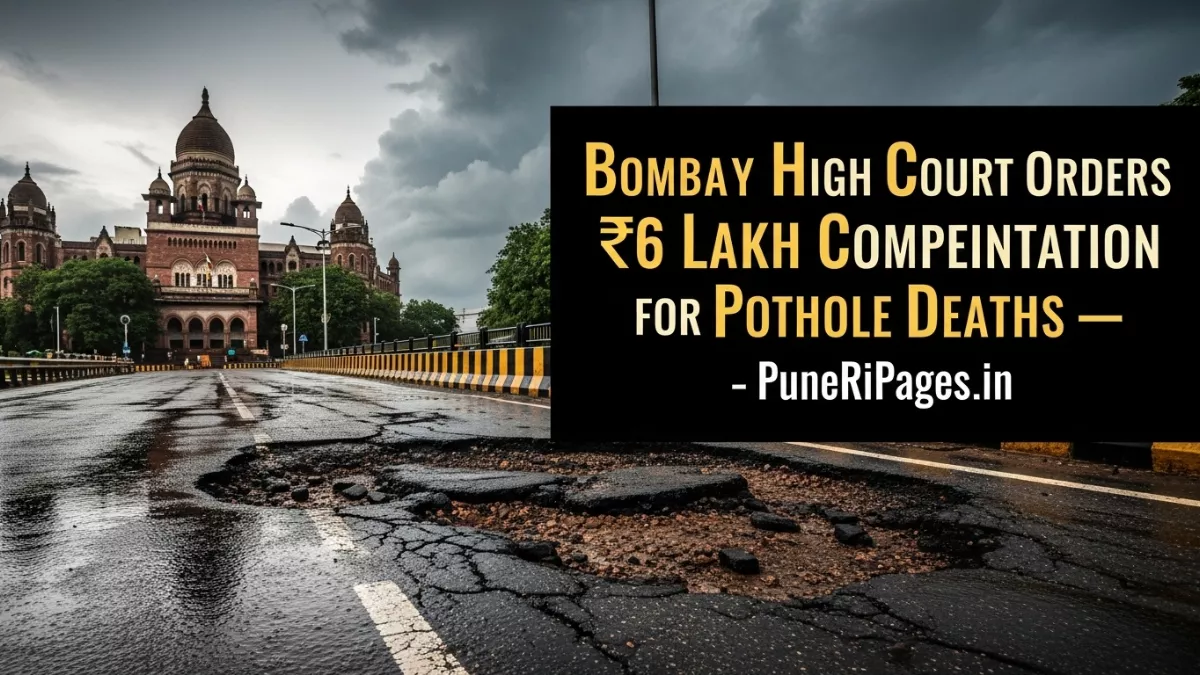
Bombay High Court’s ruling ensures ₹6 lakh compensation for pothole deaths — a strong message on civic responsibility. | Image: PuneRiPages.in
By Prashant for PuneriPages.in
In a landmark ruling, the Bombay High Court has directed that municipal corporations and state authorities across Maharashtra must pay ₹6 lakh compensation to the legal heirs of individuals who die due to accidents caused by potholes or open manholes.
For victims who sustain injuries in such accidents, the High Court has ordered compensation ranging from ₹50,000 to ₹2,50,000, depending on the nature and severity of those injuries.
This verdict represents a strong message — authorities must maintain safe roads or face legal consequences. Below, we analyse the order, its implications, and what this means for public accountability.
Table of Contents
Background: Why This Ruling Matters
Over the years, numerous tragic accidents have occurred due to neglected roads, potholes, and open drains — especially during monsoon seasons.
The High Court’s current order stems from a Public Interest Litigation (PIL) originally filed in 2013, concerning the continuing failings of civic bodies to maintain infrastructure safely.
Justice Revati Mohite-Dere and Justice Sandesh D. Patil headed the bench that passed this judgment, emphasizing that citizens’ right to safe roads is part of the fundamental right to life under Article 21 of the Constitution.
Key Provisions of the High Court Order
₹6 Lakh for Deaths, ₹50,000–₹2,50,000 for Injuries
The court mandated a fixed amount — ₹6 lakh — to be paid to families of those who die in pothole or open manhole accidents. Injured persons receive compensation based on severity.
Time Frame & Interest for Delay
Compensation is to be disbursed within six to eight weeks of a claim being filed. In case of delay, these amounts shall carry 9% annual interest and senior officials, including commissioners and district collectors, may be held personally liable.
Recovery from Responsible Parties
The court ordered that once civic bodies pay compensation, the amount must be recovered from errant engineers, contractors, or officials responsible for the defective road work.
Road Repairs & Accountability
- Authorities must fill notified potholes within 48 hours, or face departmental inquiries.
- Strict disciplinary and penal action — including blacklisting and criminal liability — should be initiated against those responsible.
- Committees will be formed at the district/civic level to track victims, oversee claims, and monitor compliance.
Legal & Constitutional Implications
Right to Safe Roads Under Article 21
The court reaffirmed that safe and motorable roads are essential to the right to life. Persistent neglect infringes on citizens’ dignity and security.
State & Municipal Liability for Negligence
The ruling strengthens the doctrine that public authorities can be held liable in tort for failing their duty to maintain infrastructure.
Precedent for Other States
This decision sets a potent precedent for courts across India to demand strict compensatory measures and accountability for infrastructure failures in their jurisdictions.
Impact on Citizens & Civics
Justice for Victims’ Families
For victims’ families, this means timely financial relief and formal recognition of loss due to public negligence.
Deterrent for Civic Apathy
The possibility of personal liability, blacklisting, and recovery suits may push authorities to prioritize road maintenance seriously.
Stronger Citizen Recourse
Citizens now have a clearer legal pathway to demand accountability and compensation from civic bodies for preventable tragedies.
Challenges & Implementation Hurdles
- Ensuring uniform compliance across all municipal bodies in Maharashtra
- Investigations to assign responsibility accurately
- Recovering compensation from powerful contractors or negligent officials
- Sustained monitoring to ensure potholes are repaired and do not recur
- Adequate funding and resource allocation
Steps for Victims or Their Families
- File a formal complaint with the civic body as soon as possible
- Collect evidence (photos, FIRs, medical records)
- Approach the designated compensation committee or district court
- Track timelines — make sure the ₹6 lakh or injury compensation is disbursed within 6–8 weeks
- File recovery claims if compensation is delayed or refused
Conclusion
The Bombay High Court’s order marks a turning point in civic accountability. By mandating ₹6 lakh compensation for pothole-related deaths and strict measures for injured victims, the court has placed a legal onus on state and municipal authorities to maintain safe roads.
In landmark fashion, the judiciary has made it clear — poor roads and negligent infrastructure are not just administrative failures, but violations of citizens’ fundamental rights. Civic bodies must now act swiftly, responsibly, and transparently — for safety, justice, and public trust.
